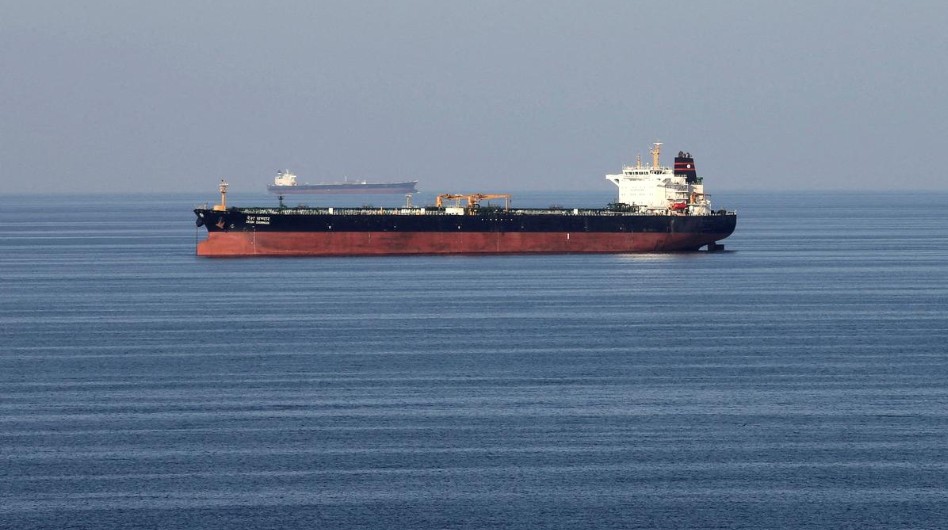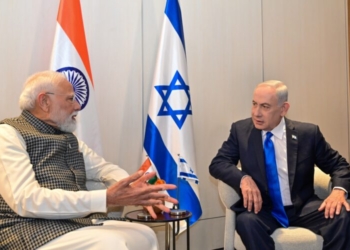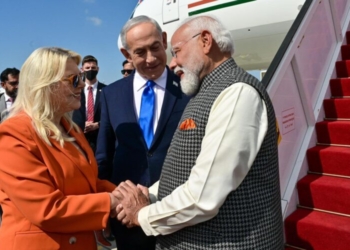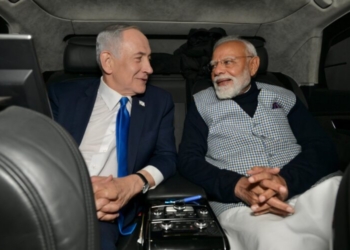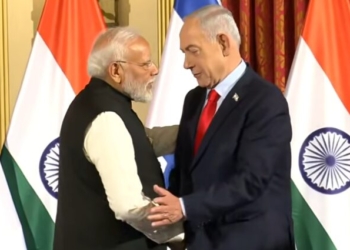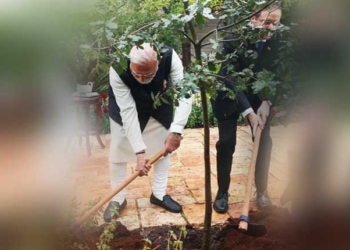Tehran: The Iranian Parliament has voted in support of closing the Strait of Hormuz, one of the world’s most critical oil transit chokepoints, a day after US strikes on Iran’s nuclear facilities, according to media reports.
Any final decision on retaliation, however, will rest with the country’s Supreme National Security Council and leader Ayatollah Ali Khamenei.
The parliament vote merely advises him of the option to pursue.
The US strikes on three Iranian nuclear sites — dubbed “Operation Midnight Hammer”—in Isfahan, Fordow and Natanz marks the first direct involvement of America in the escalating crises between Iran and Israel.
The action has received backlash, with many citing the lack of Congressional approval for the military move.
Iran has long held that it can shut down the Strait of Hormuz, which it has held onto as a last resort for escalation.
“Closing” the Strait would mean making it impossible to navigate, with the Iranian Navy possibly laying down mines in the water to deter ships or the military shooting missiles to harass tankers.
“The Parliament has reached the conclusion that the Strait of Hormuz should be closed, but the final decision in this regard lies with the Supreme National Security Council,” Revolutionary Guards Commander Ismail Kowsari, member of the National Security Commission of the Parliament, announced on Sunday, according to Al Arabiya and the Jerusalem Post.
The vote took place on Sunday following “Operation Midnight Hammer,” in which seven B-2 stealth bombers flew into Iran and dropped 14 Massive Ordinance Penetrator (MOP) bombs on two of Iran’s nuclear sites, including the Fordow site.
A third site was hit with Tomahawk submarine-launched cruise missiles
President Donald Trump said the sites had been obliterated by the US operation, which included 125 aircraft overall in an operation that took 25 minutes to complete.
However, Trump’s Joint Chiefs of Staff Chairman General Dan Caine said on Sunday that it will take some time to assess the full extent of damage to the sites.
The MOP bombs used to hit the sites had never been deployed in a combat scenario prior to Saturday’s strikes.
Khamenei will need to approve any final action that would see a “closure” of the Strait, which can happen as soon as Sunday now that the Parliament has approved such measures.
The Strait of Hormuz is a narrow waterway connecting the Persian Gulf to the Gulf of Oman and the Arabian Sea.
At its narrowest point, the strait is about 21 miles wide, with two shipping lanes that are 2 miles wide in each direction.
Around 20 per cent of global oil trade passes through the Strait.
Some experts have said that if Iran were to cut off access to the Strait, it could spike oil prices by 30 to 50 per cent immediately, with gas prices likewise rising by as much as $5 per gallon.
During the Iran-Iraq War in the 1980s, Iran targeted oil tankers and oil loading facilities.
These actions did not fully block the Strait but caused sharp increases in shipping insurance premiums and delayed maritime traffic.
(IANS)




